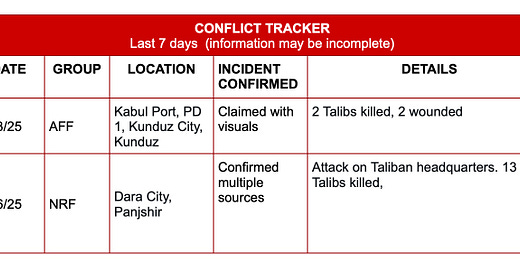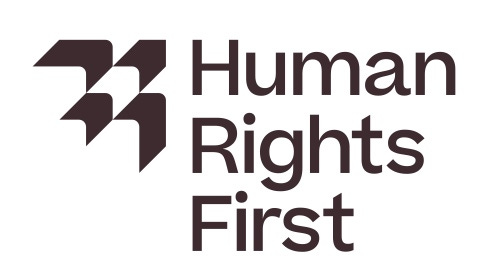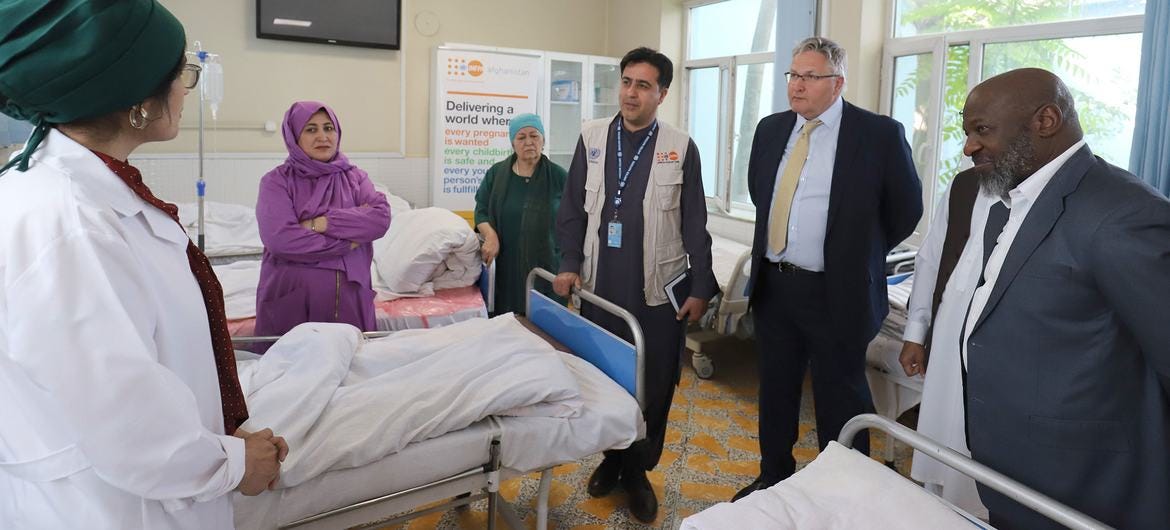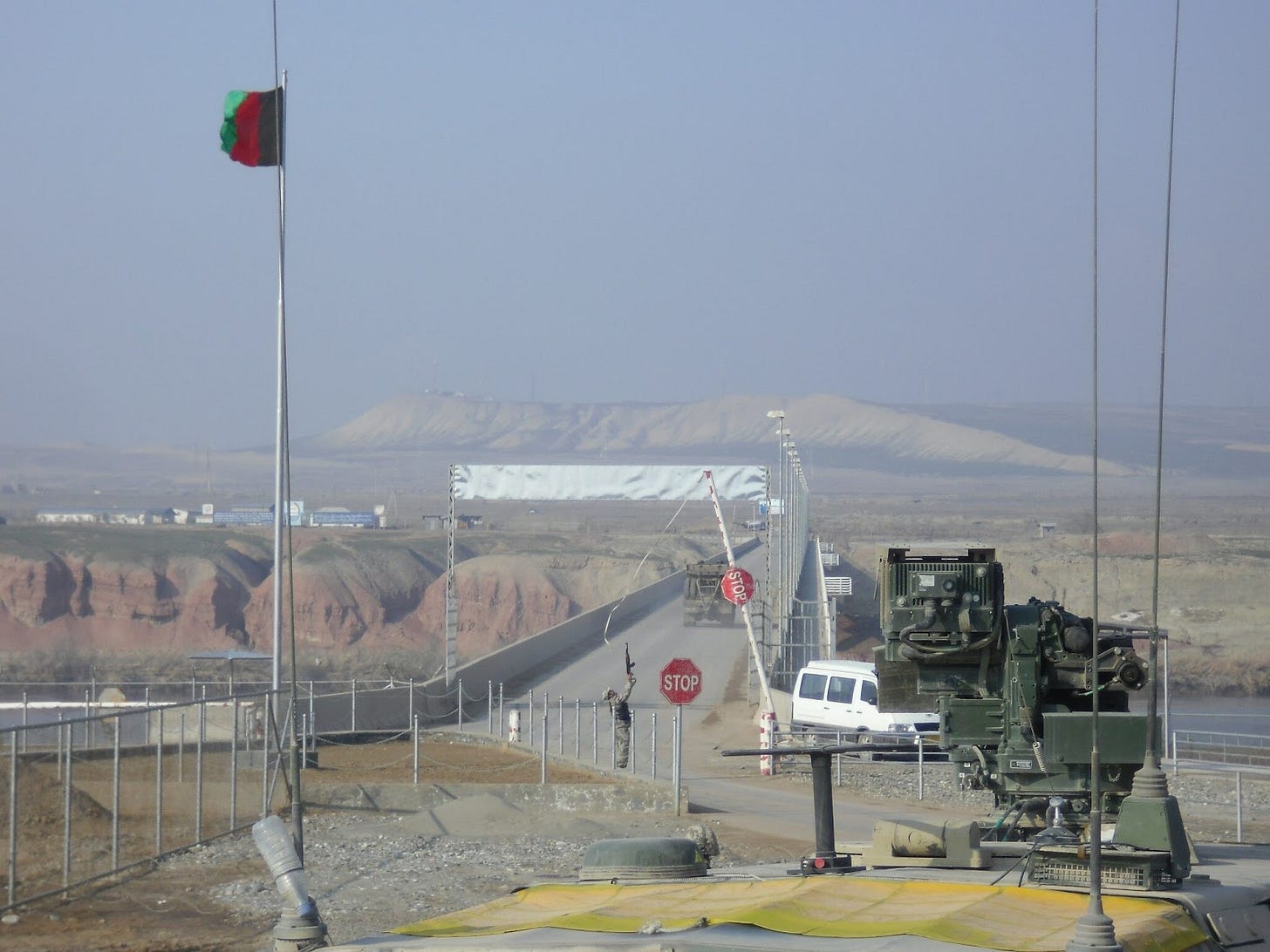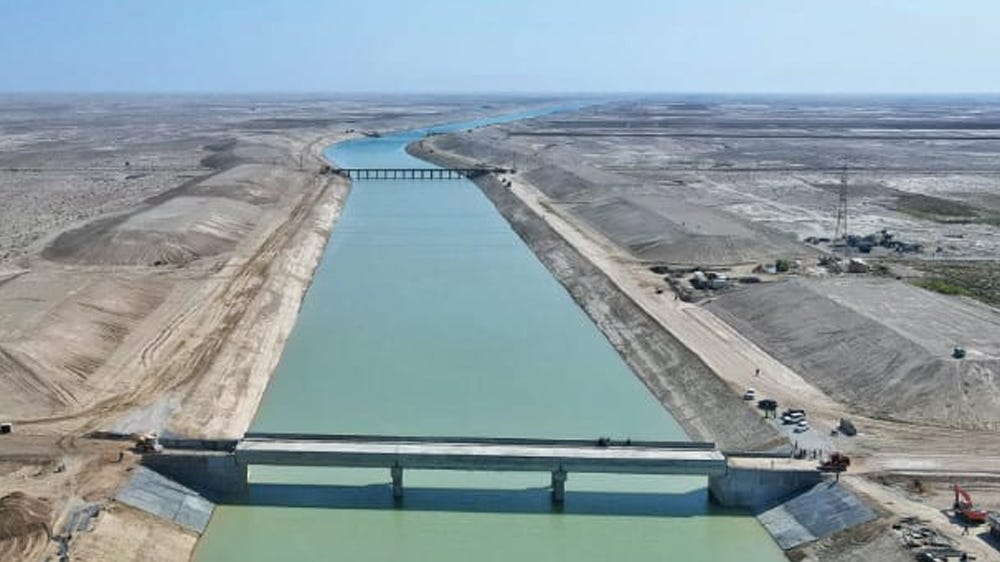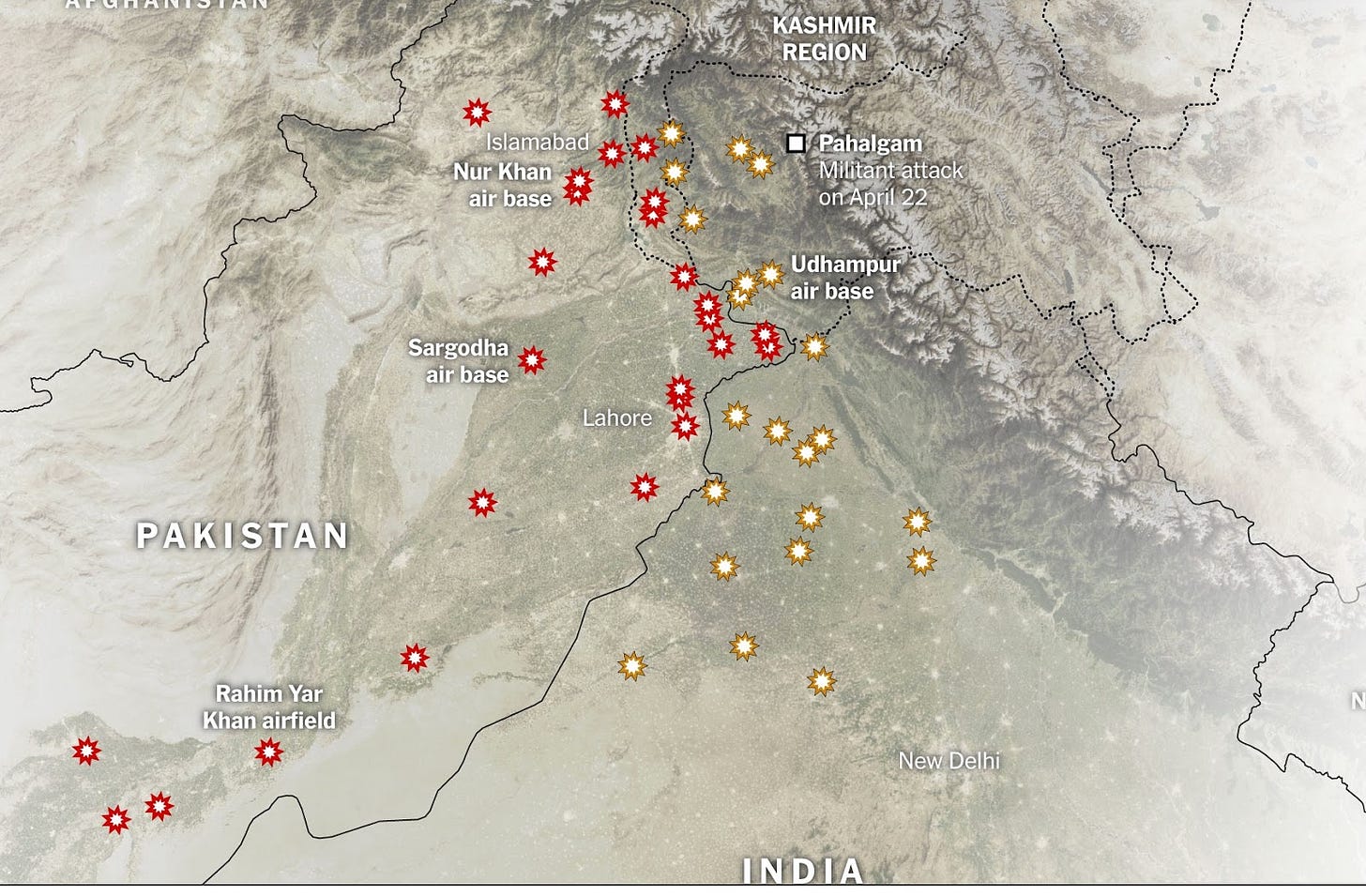The Week of May 12-18
Security and Conflict
Arrests in Panjshir After Major NRF Attack – On Saturday, following a major attack on Taliban headquarters in Panjshir's Tankhoy village, the Taliban arrested at least 20 residents and have sealed off the area. The blast occurred at a house converted into a Taliban base, which originally belonged to Commander Akram, who was previously arrested. The National Resistance Front claimed responsibility, stating that 17 Taliban fighters were killed or wounded. The Taliban have denied the attack occurred, despite confirmation from several independent sources.
Taliban Commander Killed At Pakistani Border – On Saturday, Taliban border commander Sibatullah Moatasem was killed by Pakistani gunfire in the Miyami Rokhi area of Barmal district, Paktika. The reason for the shooting remains unknown, and neither side has issued a statement.
Human Rights and Civil Liberties
Female Healthcare Workers in Kandahar Need Mahram During Work – The Taliban have ordered all female health workers in Kandahar to be accompanied by a male guardian during work hours and travel, and to register their guardians with authorities. Women say the policy effectively forces them to quit, as it doubles the burden without added pay. The rule applies even inside clinics. Critics warn the mandate worsens female staff shortages and limits women's access to healthcare amid growing harassment and restrictions.
Rights Activist Arrested in Badakhshan – On Tuesday, Taliban intelligence in Badakhshan arrested Emdadul Haq Toral, an Uzbek social activist, on charges related to his community-focused activities. The arrest took place in Argo district amid rising tensions and growing fears of ethnic repression and the targeting of civil society figures. No official explanation or update on his condition has been provided.
Religious Scholar Arrested for Support of Girls Education – Taliban intelligence in Helmand has arrested Bashir Ahmad Hanafi, a prominent scholar educated at Al-Azhar University, reportedly due to his public support for girls’ education. Detained since May 2 in Lashkar Gah, Hanafi had recently spoken to exile-based media and announced plans to establish a girls’ school. The Taliban have not commented.
Social Media Personalities Arrested – The Taliban have arrested several Afghan social media users, including TikTokers Haroon Pakora and Sher Ali Mubarez, for allegedly “immoral” activities. Haroon appeared in a forced video confession pledging to stop speaking with women online, while Sher Ali was known for humorous live shows. The Taliban’s Ministry for the Promotion of Virtue warned users against ideological or non-religious content, threatening legal action.
Flogging – On Monday, one person was flogged in Badakhshan. On Tuesday, two men and two women were flogged in Logar. On Thursday, four people were flogged in Bamiyan; three men and one woman in Parwan; and six men and one woman in Ghazni. On Sunday, 5 people were flogged in Ghazni.
Internal Politics
Ministry of Economics Layoffs – On Monday, the Taliban announced plans to cut 13% of positions at the Ministry of Economy as part of a broader directive from Mullah Hibatullah to reduce the size of the government. A source familiar with the decision said preparations are ongoing, although layoffs have not yet begun. The cuts are expected to affect dozens of civil servants, some of whom have already gone more than two months without pay.
Schools closed in Logar, Paktika, Panjshir – On Monday, the Taliban’s Directorate of Education closed more than 130 educational classes in Logar and 267 in Paktika, affecting around 14,900 students—mostly young girls—and leaving hundreds of teachers unemployed. These classes, supported by the WIFA organization, operated across multiple districts and served children up to the fifth grade. In Panjshir, sources report that the Taliban closed 200 local educational classes for both boys and girls, impacting over 5,300 students and putting 200 teachers and 25 staff members out of work. These classes had recently expanded to include third and fourth grades. Similar closures have been reported in other provinces under the Taliban Ministry of Education.
Cuts to Education Continue – The Taliban have intensified their restructuring of Afghanistan’s education sector by dismissing university professors in Kabul, Nangarhar, Badakhshan, Khost, Paktika, and Bamiyan, and removing hundreds of teachers nationwide. Nearly 90,000 public-sector education jobs are set to be eliminated, with no clear criteria or due process. At the same time, funding has shifted from traditional schools and universities to religious institutions, with 23,000 new madrassas established across the country since the Taliban takeover in 2021. Teacher salaries have been sharply reduced, and many older or contract-based educators have been dismissed without compensation.
Taliban Hold Northern Coordination Meeting – On Saturday, Taliban officials held a regional coordination meeting in Badakhshan with governors and intelligence heads from nine northern provinces. Discussions focused on poppy eradication, implementing Taliban directives, securing mines, and suppressing dissent—especially on social media. Atta Mohammad Noor criticized the Taliban’s control of resources as illegitimate and harmful. Citizens voiced concern over arrests linked to online criticism, asserting their right to free speech. The Taliban announced plans to intensify security in the north and further restrict online discourse deemed contrary to Islamic values.
International Developments
US To End Temporary Protected Status for Afghans – During the 16th International Economic Forum in Kazan, Taliban deputy prime minister for economic affairs, Abdul Ghani Baradar, met with Russian Deputy Prime Minister Marat Khusnullin to strengthen bilateral cooperation. They agreed to appoint official representatives to oversee economic and infrastructure projects. Baradar urged Russia to formalize ties with the Taliban and invest in Afghan development, including housing, healthcare, and transportation. He also praised Russia’s decision to remove the Taliban from its list of banned organizations. Khusnullin confirmed Moscow’s interest in joint ventures, particularly in transit corridors, and pledged to send technical teams to Kabul, calling the meeting a pivotal step toward deeper cooperation.
Setback for Refugee Processing – In Pacito v. Trump, a lower court rescinded the previous compliance framework and ordered a new process for determining which refugees must be resettled as litigation continues. Judge Whitehead mandated the immediate resettlement of 160 refugees whose U.S. travel was set within two weeks of January 20 but canceled by the Trump-era ban. The remaining 12,000 “injunction protected” refugees will undergo case-by-case review by a proposed Special Master, with both sides given seven days to submit proposals.
Afghan Refugees in Indonesia Stage Protest – On Wednesday, Afghan refugees in Indonesia again protested outside the UN office in Jakarta, demanding action on their asylum cases after more than a decade in limbo. Most have lived in UN-run camps for over ten years without progress on their resettlement applications. Protesters say the UN has ignored their plight, and several refugees have taken their own lives due to the psychological toll of prolonged uncertainty. Similar protests have taken place in other cities, highlighting the growing desperation within the Afghan refugee community.
Freedom of the Press
Restrictions on Social Media – On Monday, the Taliban’s Ministry for the Propagation of Virtue and Prevention of Vice issued a renewed warning against the “un-Islamic and immoral” use of social media. In an audio message aired on national television, spokesperson Saif-ul-Islam Khyber stressed that only religious, educational, and pre-approved content is permissible. The ministry warned that it is monitoring online activity and will prosecute individuals or institutions that violate these strict guidelines.
Afghan Film Closed – Former Afghan Film chief Sahraa Karimi reports that the Taliban have dismantled the historic institution, replacing it with a propaganda unit and firing most of its staff. Founded in 1968, Afghan Film was the country’s sole body for cinematic preservation and documentation. Karimi warned that its erasure threatens the nation's cultural memory and reflects the Taliban’s broader strategy to dominate media narratives and eliminate artistic institutions, while imposing severe restrictions on film, visual arts, and freedom of expression.
Regional Developments
Mullah Baradar Attends Kazan Forum – A senior Taliban delegation led by Mullah Baradar attended the 16th Kazan Forum in Russia, focused on economic cooperation among Islamic countries. Held from May 13–18, the forum gathered representatives from over 100 nations to discuss trade, Islamic finance, and halal standards. During the event, Baradar met Russian Deputy Prime Minister Marat Khusnullin to enhance bilateral ties and agreed to appoint representatives for joint infrastructure projects. He urged Russia to invest in Afghan development and praised its decision to remove the Taliban from its list of banned organizations. Khusnullin expressed readiness to send technical teams to Kabul and deepen economic cooperation. Baradar also called on Russia to formalize diplomatic relations with the Taliban.
Massoud Travels to Iran – On Thursday, Ahmad Massoud visited Mashhad, Iran, where he was received by Iranian authorities and met with senior officials from the IRGC and Foreign Ministry. Iran invited several Afghan political figures, including Atta Mohammad Noor, amid growing concern over the situation in Afghanistan. Although invited, Salahuddin Rabbani did not attend. This outreach reflects Iran’s dual strategy of maintaining ties with the Taliban while expanding engagement with opposition groups. Official details of Massoud’s meetings remain undisclosed, and neither Iran nor the Resistance Front has issued public statements.
Taliban Attend Tehran Forum – On Saturday,Taliban Acting Foreign Minister Amir Khan Muttaqi visited Tehran at the official invitation of Iran’s Foreign Minister to attend the Tehran Dialogue Forum. During his speech, he emphasized the Taliban’s commitment to Iran’s water rights from the Helmand River, framing it as a religious and policy obligation. Despite the meeting’s official nature, Iran refrained from displaying the Taliban flag, highlighting its continued refusal to formally recognize the group as Afghanistan’s legitimate government.
Taliban Appoint Ambassador to Russia – On Friday, the Taliban officially nominated a candidate for ambassador to Russia, a move confirmed by Russian envoy Zamir Kabulov. The nominee, whose name has not been released, is currently under review by Russia’s Foreign Ministry and other agencies. This development follows Russia’s suspension of the Taliban’s terrorist designation and signals potential progress toward formal diplomatic recognition. Jamal Nasir Gharwal currently serves as chargé d’affaires at the Afghan embassy in Moscow.
CEO of DABS Travels to Tajikistan – Abdul Bari Omar, CEO of Afghanistan’s national utility company DABS, visited Tajikistan for the CASA-1000 summit. The summit, attended by regional and international representatives, resulted in agreements to fast-track the project’s remaining phases. During the visit, DABS signed an agreement with Kazakhstan, Tajikistan, and Pakistan to accelerate implementation of the CASA-1000 electricity project, which aims to transmit power from Central to South Asia via Afghanistan.
CSTO Working Group on Afghanistan Meeting – On Tuesday, the CSTO held its 41st Working Group meeting on Afghanistan, voicing concerns about ongoing and potential security threats originating from Afghan territory. Attended by member states and international partners, the meeting emphasized the importance of continued monitoring and a unified approach to promoting peace and stability. The group reaffirmed humanitarian and economic support for Afghanistan and concluded with the adoption of an official protocol, labeling Afghanistan a persistent regional security concern.
Afghan-Uzbek Joint Chamber of Commerce Launched – On Tuesday, Afghanistan and Uzbekistan launched a joint Chamber of Commerce in Mazar-i-Sharif to boost bilateral trade. A 100-member Uzbek delegation attended the opening ceremony to explore investment opportunities. Officials from both countries described the chamber as a key step in deepening economic ties and simplifying trade procedures. A permanent Uzbek product exhibition was also announced. The initiative aims to establish Mazar as a regional trade hub and expand employment and export opportunities in northern Afghanistan.
Acting Minister travels to Uzbekistan – Abdul Latif Mansoor, the Taliban’s Acting Minister of Energy and Water, attended the 5th International Energy Forum in Tashkent (May 13–15), focused on “Regional Cooperation for Sustainable Energy.” The forum covered topics such as regional energy collaboration, green technology transfer, renewable energy, and joint investment opportunities. Participants included energy ministers from Central Asia and Russia, as well as international organizations like the IAEA and World Bank, who discussed strategies for modern energy development and water-energy management.
Taliban Acting Minister of Justice Travels to Russia – On Saturday, Taliban Acting Minister of Justice Sharaee traveled to Russia to attend the 13th St. Petersburg International Legal Forum. The event, starting Monday and lasting three days, includes legal officials from multiple countries. Sharaee is expected to speak on legal reforms, international law, and the Taliban’s approach to global engagement.
Meeting at Torkham – On Monday, Mohammad Sadiq, Pakistan’s Special Representative for Afghanistan, announced that a joint meeting between Taliban and Pakistani officials was held at the Torkham border. No additional details regarding the meeting’s agenda or outcomes were provided.
NEXT WEEK
In Afghanistan, crackdowns are expected this week in northern regions, particularly in Panjshir, following a major NRF attack. House-to-house searches, an increased Taliban presence, and additional checkpoints are likely in resistance strongholds.
Following a Taliban statement on social media, further crackdowns are expected against individuals who oppose the regime online or share content deemed ‘un-Islamic.’ All Afghans are advised to carefully manage their social media presence: disable location tracking, set Facebook accounts to private or locked, and use all platforms cautiously to avoid detention. Afghans living abroad should also be aware that their online activity could put family members in Afghanistan at risk. Everyone is urged to exercise caution when using social media.
In Pakistan and Iran, detentions of Afghans continue. All individuals should ensure they have valid visas and carry proper documentation at all times. However, even those with valid documents may still face the risk of detention or deportation. In Pakistan, officials have halted the visa renewal process, specifically affecting ACC and PoR holders, although the implementation of this policy remains unclear.
In the United States, Temporary Protected Status (TPS) for Afghans is currently set to expire on July 14. While ongoing litigation may affect the timeline, individuals relying solely on TPS—or who have received a self-deportation notice—should seek legal assistance immediately. ICE stops remain a possibility, and Afghans are reminded to carry documentation proving their legal status at all times.
There have been no changes to the SIV program. Case processing continues, but interviews must now be conducted in a third country, as flights to Doha and other processing centers have ceased. SIV holders with completed interviews and issued visas may self-fund their travel to the United States; however, no government assistance will be provided upon arrival. Travelers are encouraged to ensure they have a support system in place to help with initial expenses and access to benefits. A possible travel ban on Afghans remains under discussion, so individuals with valid visas are urged to relocate as soon as possible, if able.
This week, U.S. courts issued a new ruling on refugee cases, reducing the number of cases the Trump-era settlement requires to be processed and adjusting the associated deadlines. The case is ongoing. Applicants are urged to remain patient and should not sell property, relocate, or make major life changes at this time, as it is unclear when processing will resume or who will qualify.
All Afghans in the United States—including Green Card holders—are advised to avoid international travel due to the potential implementation of new restrictions.
Resources for Afghans are available:
Parole assistance – Here
Resources for recent SIV arrivals – Here
Support for recent refugee arrivals – Here
Updates on U.S. visa cases and legal developments – Here
Information on Green Card holder travel – Here
TPS information can be found Here
REGIONAL ROUNDUP
IRAN
Iran Issues New Restriction on Visas for Afghans – As Iran continues expelling Afghan migrants, its diplomatic missions in Afghanistan have also imposed tighter visa regulations. The Iranian consulate in Kandahar now issues only 2-month visas for air travel and 45-day visas for land travel—both reduced from previous durations. Family visa applications have been blocked, especially for families with more than three members. Public access to visa application platforms is largely restricted, forcing applicants to rely on private intermediaries and inflating costs to around 35,000 Afghanis.
Interior Minister Statement on Afghans in Iran – On Friday, Iran’s Interior Minister Eskandar Momeni stated that approximately two million undocumented migrants, mostly Afghans, are currently residing in Iran and called for their return, citing strained national capacity. He emphasized the economic burden of hosting migrants and claimed that Iran lacks the resources to continue doing so. Deportations are ongoing, including of individuals holding census documentation.
Iranian Official Statement on Trade with Afghanistan – On Thursday, Iranian trade official Hamidreza Karbalaei said Afghanistan is among Iran’s top five trade partners, with 21% of Afghan imports originating from Iran, valued at $2.2 billion. Speaking at the first meeting of a new Iran-Afghanistan trade committee, he outlined plans for the upcoming seventh Joint Commission, aimed at boosting bilateral trade. Priority sectors include agriculture, mining, technology transfer, and industry. Iran seeks a more balanced trade relationship and views Afghanistan as a strategic economic partner.
Afghan Bloggers Arrested for Mocking Iran Online – On Tuesday, Iranian authorities arrested two young Afghan bloggers in Baharestan for mocking Iran’s currency, vehicles, and societal norms in viral videos. Statements such as “We live in Iran, where the currency is the most worthless in the world” were cited as examples. Iranian media accused the bloggers of insulting national symbols, while critics noted the irony of harsh punishment for satire, especially given the state's more lenient response to economic crimes and domestic violence.
PAKISTAN
Detention and Deportations Continue – On Monday, videos emerged showing several Afghan women being arrested in Pakistan. Between April 1 and May 12, over 128,000 Afghans returned from Pakistan—most through forced deportation—according to the IOM. The organization has assisted more than 68,000 returnees with shelter, food, medical aid, and protection, especially for women and children. Pakistan’s Interior Minister stated that over one million Afghans have been expelled since November 2023. The IOM warns that humanitarian needs remain high, as Afghanistan’s overstretched support systems struggle to absorb the ongoing influx.
Pakistan Stops Visa Renewals for Afghans – On Sunday, Pakistan suspended all visa extensions for Afghan refugees, revoking security clearances required for renewals. This applies even to long-term residents and those holding legal documents like PoR and ACC cards. The sudden halt leaves thousands in legal limbo and heightens fears of detention and deportation. Human rights groups have condemned the move, warning it could trigger mass expulsions and violate international laws protecting refugees from forced return to dangerous conditions.
Ceasefire with India Extended – Pakistan’s Foreign Minister, Ishaq Dar, announced an extension of the ceasefire with India until May 18. He emphasized Pakistan’s commitment to dialogue on key issues, including Kashmir and water sharing.
SPOTLIGHT ANALYSIS
Human Rights First
Afghans who previously fled their country are in danger of forced return to Taliban persecution due to the Government of Pakistan’s mass expulsions and the Trump administration’s refugee resettlement freeze. That freeze left Afghans who are waiting to be resettled or relocated to the United States stranded in Pakistan and now facing the danger of expulsion to persecution. The Trump administration’s May 12 termination of Temporary Protected Status (TPS) for Afghan nationals heightens alarms that at-risk Afghans will be delivered to Taliban persecution and sets a dangerous example for other countries around the world. As outlined below:
Afghans face worsening dangers if returned, as humanrights monitors have documented recently, including public flogging, forced conversion, arbitrary detentions, executions, and other forms of persecution, torture or retaliation. Women and girls face an oppressive new law, systematic denial of rights, prohibitions on education, employment, travel and health care, and bans on singing or speaking in public. Religious freedom for all Afghans declined significantly.
Afghans in danger of Taliban persecution include women and girls,human rights defenders,journalists, religious minorities and other Afghans who do not share the Taliban’s interpretation of Islam, ethnic minorities, LGBTQ persons, civil society leaders, women’s rights advocates, Afghans who previously worked with the former Afghan government, Afghan national security forces, international military forces or were associated with the international community, and Afghans who worked with the U.S. military and government. An estimated 25,000 Afghans are reportedly awaiting U.S. resettlement or relocation in Pakistan. An estimated 200,000 Afghans are stranded in Afghanistan and other countries awaiting U.S. relocation or resettlement.
AFGHAN NEWS
A Mother Dies Every Two Hours in Afghanistan as Health System Nears Collapse: UN
Kabul Now
A mother dies every two hours in Afghanistan from preventable pregnancy or childbirth complications, the United Nations Population Fund (UNFPA) has warned, as severe funding cuts push the country’s already fragile health system toward collapse.
Andrew Saberton, UNFPA’s Deputy Executive Director, said that more than $100 million worth of maternal and reproductive health programs in Afghanistan have been suspended due to a major shortfall following U.S. funding cuts. Of the $330 million global funding gap now facing the UN agency., Afghanistan has been hit the hardest.
REGIONAL NEWS
Tajik-Taliban relations slowly warm, but both sides hedge their bets
Alexander Thompson
Talk about mixed signals.
At the beginning of May, a prominent critic of Emomali Rahmon’s government in Tajikistan, Sharofiddin Gadoev, gave an interview to the Afghan television channel TOLOnews tearing into the 72-year-old strongman.
Days later, the Taliban’s chief spokesman issued a upbeat assessment of bilateral ties, praising the “positive relations” between Dushanbe and Kabul and pledging cooperation.
Qosh Tepa Canal Could Threaten Water Security in Central Asia, Kazakhstan Warns
Kabul Now
Kazakhstan has expressed concern over the Qosh Tepa Canal, a major project under construction in northern Afghanistan, warning it could disrupt water flow and threaten water security across Central Asia.
Aslan Abdraimov, Kazakhstan’s Deputy Minister of Water Resources and Irrigation, raised these concerns at an international water security conference in Astana, according to The Times of Central Asia.
India and Pakistan Talked Big, but Satellite Imagery Shows Limited Damage
Mujib Mashal, Agnes Chang, Pablo Robles
The four-day military clash between India and Pakistan was the most expansive fighting in half a century between the two nuclear-armed countries. As both sides used drones and missiles to test each other’s air defenses and hit military facilities, they claimed to inflict severe damage.
But satellite imagery indicates that while the attacks were widespread, the damage was far more contained than claimed — and appeared mostly inflicted by India on Pakistani facilities. In a new age of high-tech warfare, strikes by both sides, verified by the imagery, appeared to be precisely targeted.
INTERNATIONAL NEWS RELATING TO AFGHANISTAN
Ben Roberts-Smith loses appeal against defamation ruling he committed war crimes in Afghanistan
Kate Lyons
Ben Roberts-Smith has lost his appeal against a defamation case ruling, with three justices of the federal court agreeing he was not defamed by Nine newspapers and journalists Nick McKenzie and Chris Masters when they published reports in 2018 which claimed he had committed war crimes.
The decision was handed down on Friday morning in Sydney and marks a key moment in a marathon legal battle that has spanned seven years.
The ruling upholds the decision of Justice Anthony Besanko in 2023, who found that Roberts-Smith had, on the balance of probabilities, committed war crimes while deployed in Afghanistan.
Afghani to the Dollar: $1 – 70.18 AFN (As of May 18)

